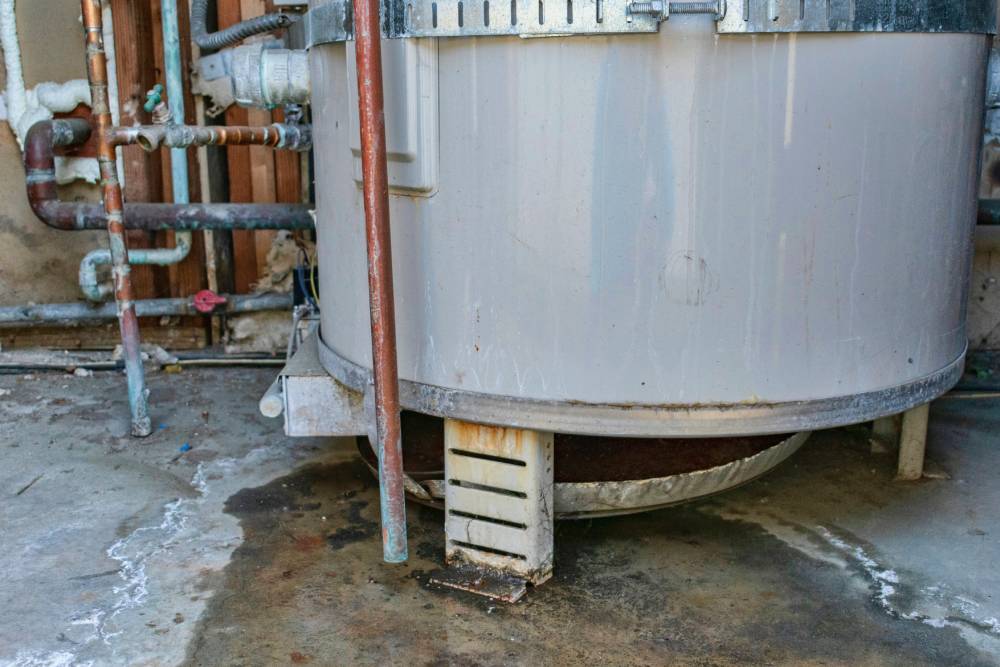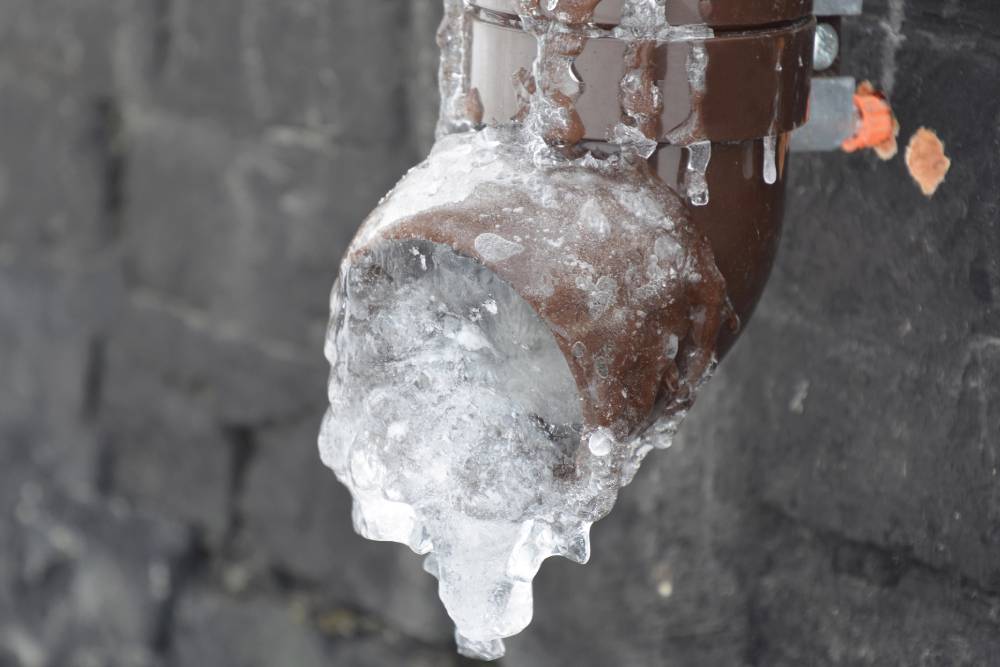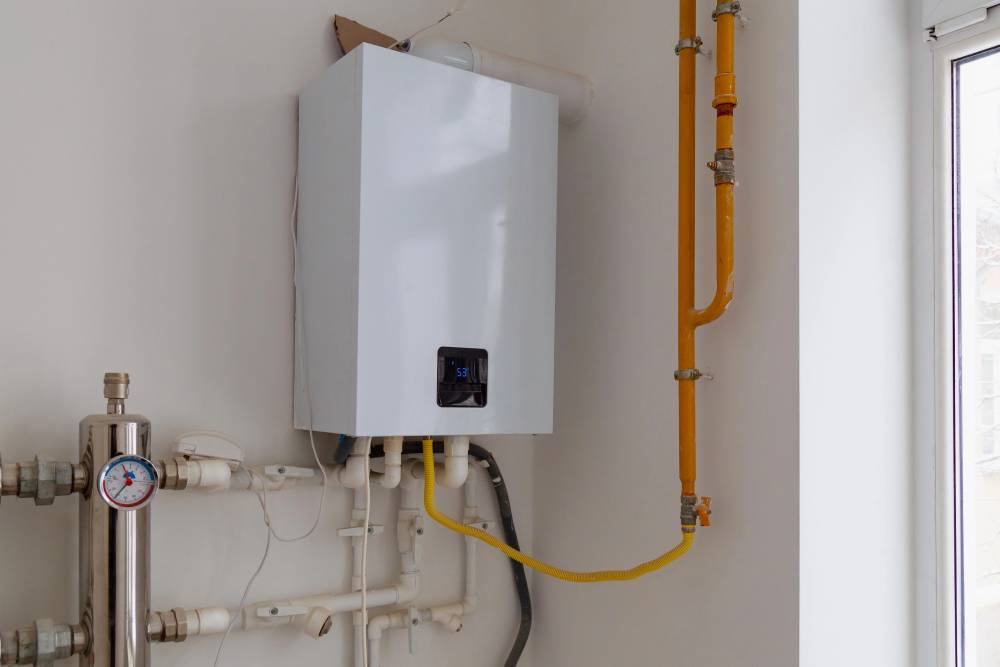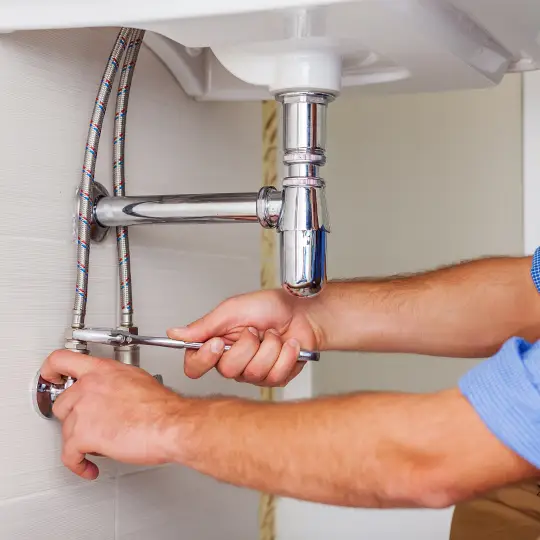Hard water is a common issue in many households, yet many homeowners don’t realize the damage it can cause to appliances—especially water heaters. Hard water contains high levels of calcium and magnesium, which lead to mineral buildup inside the water heater tank and pipes. Over time, this buildup affects efficiency, increases energy consumption, and shortens the lifespan of your system.
If you’ve ever noticed white stains on faucets, slow-heating water, or frequent repairs, hard water may be the culprit. Understanding how hard water impacts your heater and taking the right steps to prevent damage can save you from unnecessary costs and premature replacements.
This guide will cover:
- What hard water is and why it’s a problem
- How hard water damages water heaters
- Warning signs that hard water is affecting your system
- How a water softener can extend your heater’s lifespan
- Maintenance tips to keep your system running efficiently
What Is Hard Water and Why Is It a Problem?
Hard water contains high levels of dissolved minerals, primarily calcium and magnesium. These minerals are picked up as water moves through underground limestone, chalk, or gypsum deposits before entering your home’s plumbing system.
How Can You Tell If You Have Hard Water?
Some common signs of hard water include:
✔ White, chalky residue on faucets, showerheads, and dishes
✔ Soap that doesn’t lather easily
✔ Dry or itchy skin after bathing
✔ Spots or streaks on glassware after washing
✔ Frequent appliance breakdowns due to mineral buildup
According to U.S. Geological Survey (USGS) data, over 85% of American households have some level of hard water. While it’s safe to drink, it can wreak havoc on plumbing fixtures, appliances, and especially water heaters.
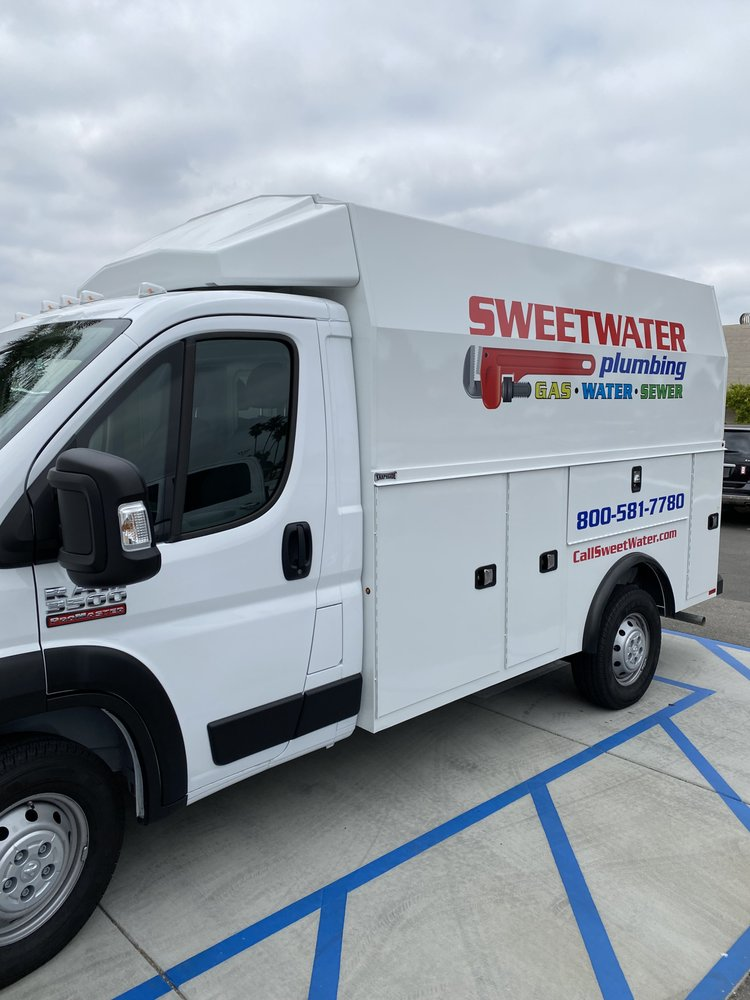
How Hard Water Damages Water Heaters
Hard water is a serious problem for water heaters because it leads to sediment buildup, which reduces efficiency and causes unnecessary wear and tear.
1. Sediment Buildup in the Tank
As water is heated, minerals like calcium and magnesium form solid deposits inside the heater. These minerals sink to the bottom of the tank, creating a thick layer of sediment over time.
This buildup causes:
- Reduced heating efficiency – The heater has to work harder to heat water through the insulating layer of sediment.
- Uneven heating – Pockets of water get trapped, leading to temperature fluctuations.
- Increased energy costs – More energy is required to maintain water temperature.
2. Clogged and Corroded Heating Elements
In electric water heaters, hard water buildup coats the heating elements, reducing their effectiveness. This leads to:
- Slow heating times
- Increased energy use
- Complete element failure
For gas-powered water heaters, mineral buildup at the bottom of the tank forces the burner to work harder, leading to overheating and potential damage.
3. Higher Risk of Leaks and System Failure
The constant accumulation of minerals in the tank creates stress on the metal lining. Over time, this can cause:
- Cracks and leaks in the tank
- Pressure buildup that damages pipes
- Premature system failure, requiring costly replacement
If left untreated, sediment buildup can cut your water heater’s lifespan in half, forcing you to replace it much sooner than expected.
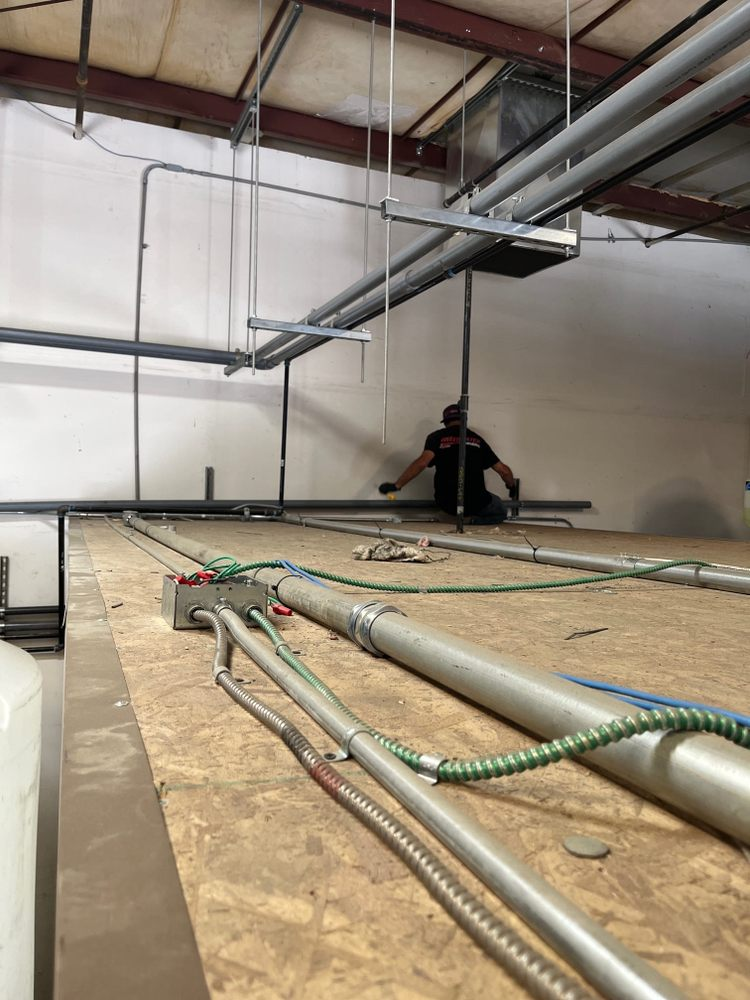
Signs That Hard Water Is Affecting Your Water Heater
If you live in an area with hard water, watch for these warning signs that your water heater is suffering from mineral buildup:
✔ Popping or rumbling noises – This happens when trapped water is forced through thick sediment layers.
✔ Inconsistent water temperature – You may notice hot water running out faster than before.
✔ Higher energy bills – A struggling water heater requires more energy to maintain water temperature.
✔ Frequent heating element replacements – Electric water heaters may burn out elements faster due to scale buildup.
✔ Visible sediment in tap water – If you see tiny white or brown particles in your water, they may be coming from inside your tank.
Ignoring these signs can result in unexpected breakdowns, leaks, and costly repairs.
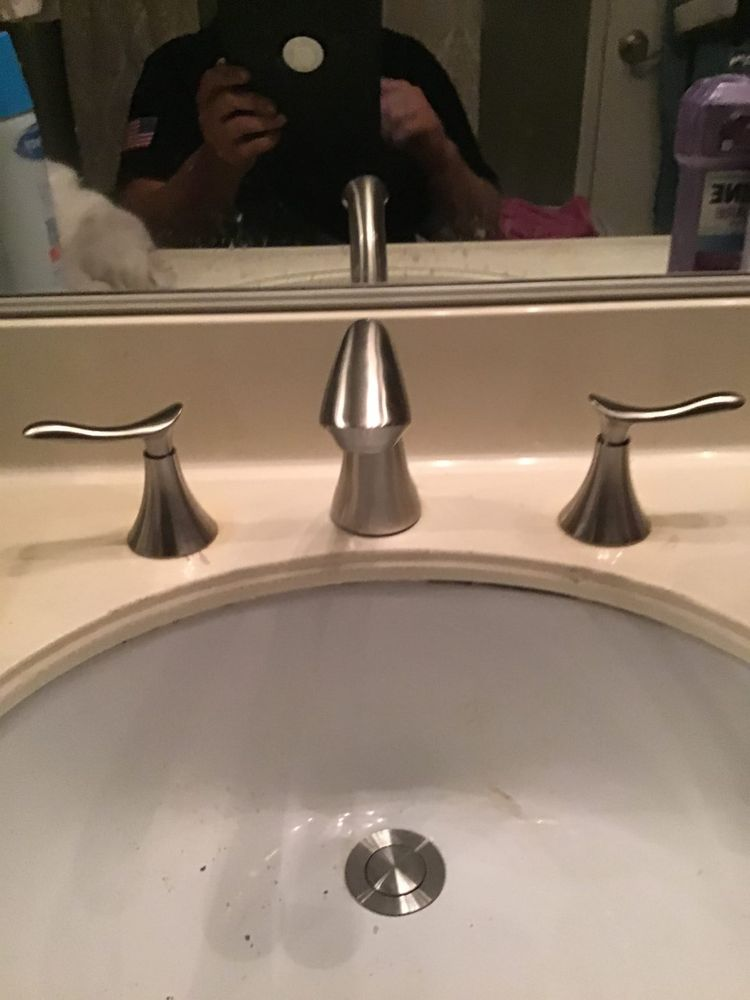
How a Water Softener Can Extend Your Water Heater’s Lifespan
One of the best ways to protect your water heater from hard water damage is by installing a water softener. A water softener removes calcium and magnesium from the water, preventing scale buildup inside your heater and plumbing system.
Benefits of Using a Water Softener
✔ Extends water heater lifespan – Without mineral buildup, your system lasts years longer.
✔ Improves energy efficiency – Soft water allows faster, more efficient heating.
✔ Prevents clogs and leaks – Clean water keeps pipes and tank interiors in better shape.
✔ Reduces maintenance costs – You won’t have to flush your tank as often.
✔ Saves money on energy bills – A more efficient heater lowers monthly costs.
Many homeowners notice an immediate difference in water pressure, appliance performance, and overall plumbing efficiency after installing a softener.
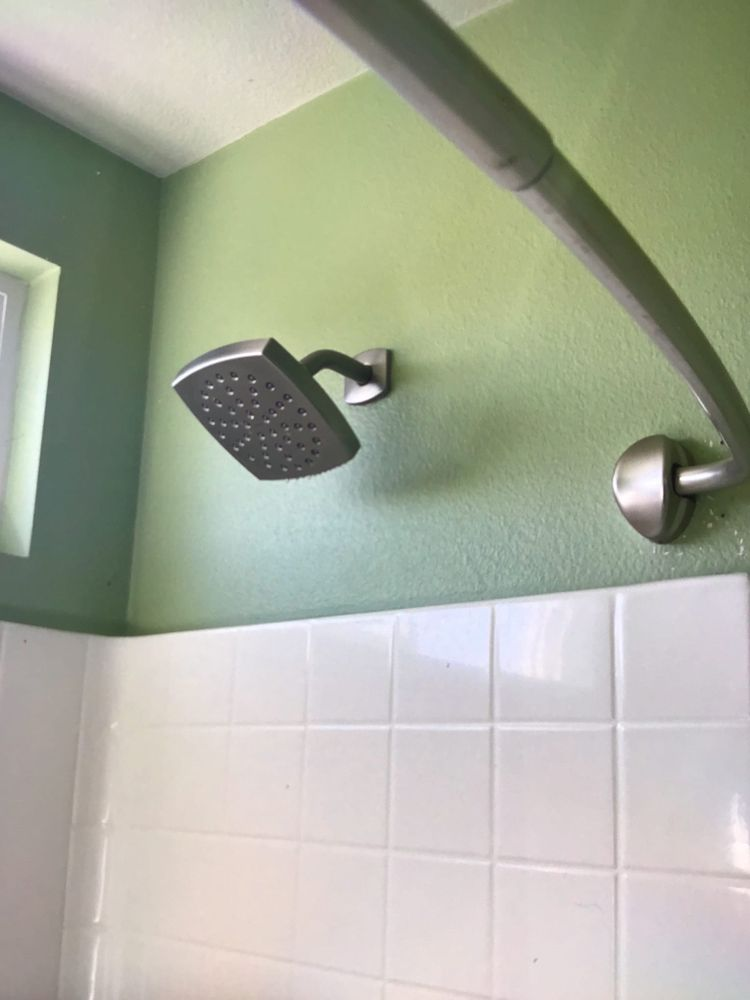
Additional Maintenance Tips to Protect Your Water Heater
In addition to using a water softener, regular maintenance is key to keeping your water heater in top condition.
1. Flush Your Tank Regularly
Even with a water softener, some sediment will still accumulate in the tank over time. Draining and flushing your tank at least once a year helps prevent buildup.
To flush your tank:
- Turn off the power or gas supply.
- Attach a hose to the drain valve and direct it outside or into a bucket.
- Open the drain valve and let the water fully empty.
- Refill the tank and turn the power or gas back on.
2. Inspect and Replace the Anode Rod
The anode rod is a metal rod inside your water heater that attracts corrosive minerals, preventing them from damaging the tank. If it wears out, corrosion speeds up, leading to leaks and failure.
- Check your anode rod every 2-3 years.
- Replace it if it’s more than 50% corroded.
3. Keep the Temperature at an Optimal Level
Higher water temperatures speed up mineral buildup and increase energy use. Setting your heater to 120°F reduces wear and tear without sacrificing comfort.
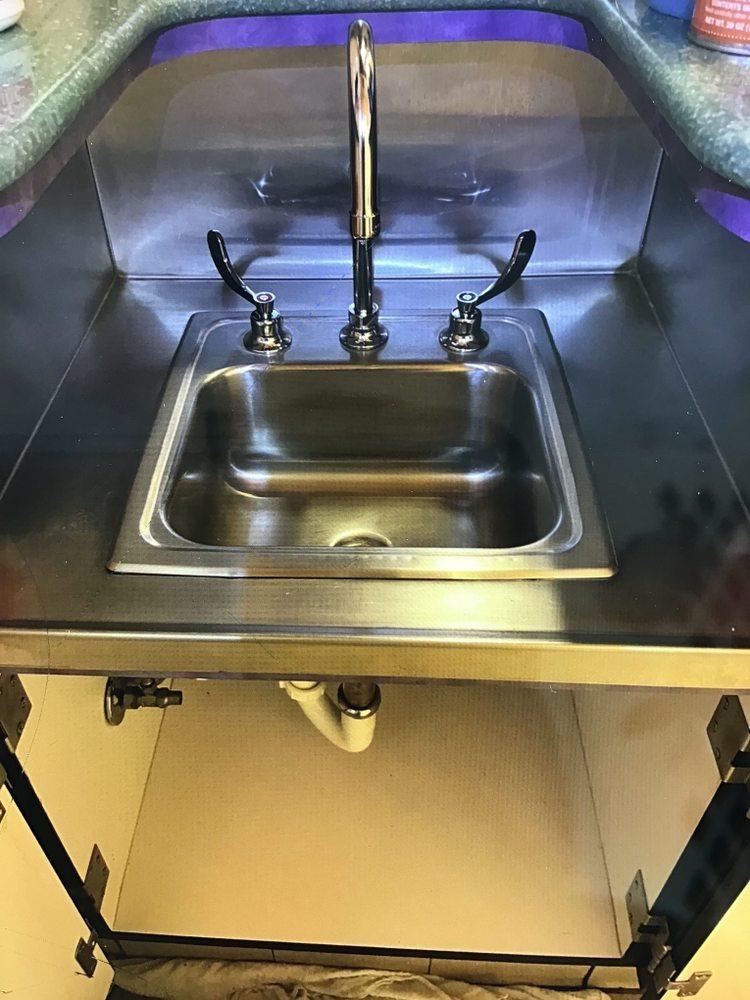
4. Check for Signs of Corrosion
Corrosion is a major threat to water heaters, especially in areas with hard water. Over time, minerals in hard water react with the metal components inside the heater, leading to rust and deterioration.
To prevent serious damage:
- Inspect the exterior of the tank for rust spots or discoloration.
- Check the water coming from your hot water taps for a reddish or brown tint.
- If you see corrosion inside the tank, consider replacing the anode rod or installing a new unit.
Rust and corrosion indicate structural weaknesses, which can lead to leaks and system failure if ignored.
5. Test the Pressure Relief Valve
The pressure relief valve is a critical safety feature on your water heater. It prevents excessive pressure buildup inside the tank, which could cause it to burst. Hard water can cause mineral deposits to clog this valve, reducing its effectiveness.
To test the valve:
- Turn off the power or gas supply.
- Locate the pressure relief valve—usually near the top or side of the tank.
- Lift the valve’s lever slightly and let some water escape.
- If water doesn’t come out or the valve doesn’t close properly, replace it immediately.
A faulty relief valve can lead to dangerous pressure buildup and potential tank explosions, so regular testing is essential.
6. Insulate the Tank and Pipes
Hard water forces your heater to work harder, which means higher energy consumption and wear on internal components. Insulating the tank and pipes can help reduce heat loss and improve efficiency.
To insulate your water heater:
- Use a water heater blanket to wrap the tank, especially if it’s in a cold basement or garage.
- Wrap exposed hot water pipes with foam insulation to prevent heat loss.
- Check for leaks before insulating to ensure no hidden issues.
This simple step can help reduce energy costs and extend the lifespan of your unit.
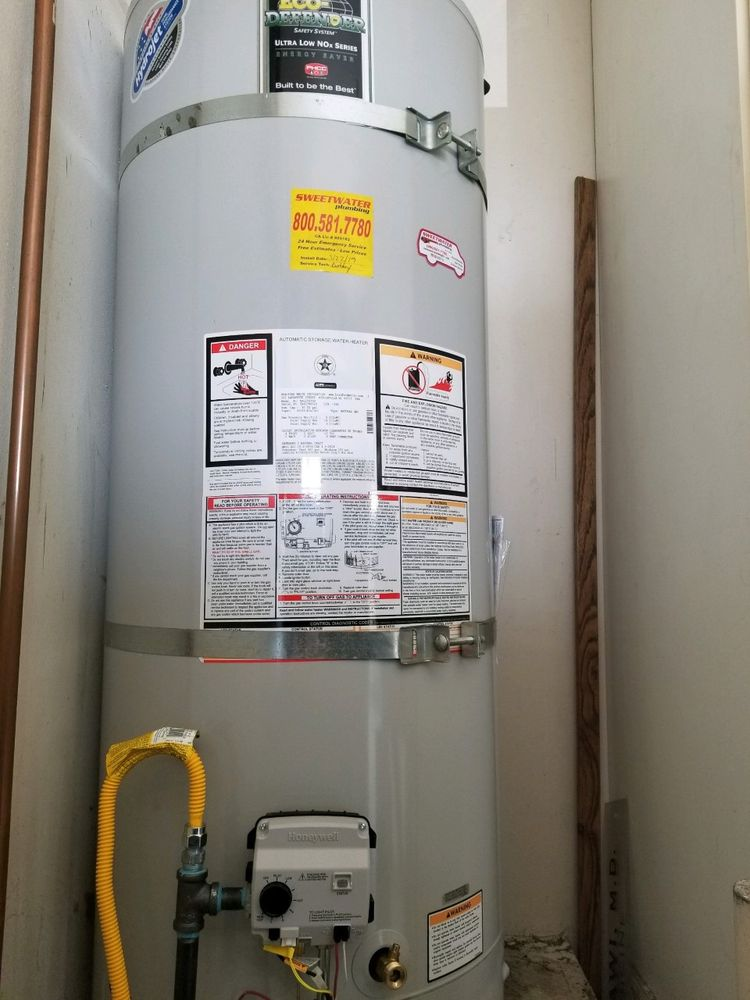
Protect Your Water Heater from Hard Water Damage
Hard water effects can cause serious damage to your water heater and plumbing system, leading to higher energy bills, frequent repairs, and premature failure. If you’ve noticed signs of mineral buildup, poor heating performance, or increased maintenance needs, it’s time to take action.
A water softener is one of the best solutions for preventing hard water damage and extending the lifespan of your system. Combined with regular tank flushing, anode rod inspections, and proper temperature settings, you can keep your water heater running efficiently for years to come.
If you need professional maintenance, water heater repair Ontario CA, or installation, contact an expert. Whether you’re dealing with hard water issues or need urgent repairs, you can count on Sweetwater Plumbing in Ontario, CA to get the job done. Services like water heater replacement Ontario CA in Riverside, tankless water heater repair Ontario in Chino, and water heater installation Ontario CA ensure your home has reliable hot water year-round. Contact us to schedule your appointment.
Additionally, we provide services like Gas pipe repair Rancho Cucamonga, water heater replacement Upland, water heater repair Upland, and water heater repair Riverside.
Let me know if you need any further adjustments!

